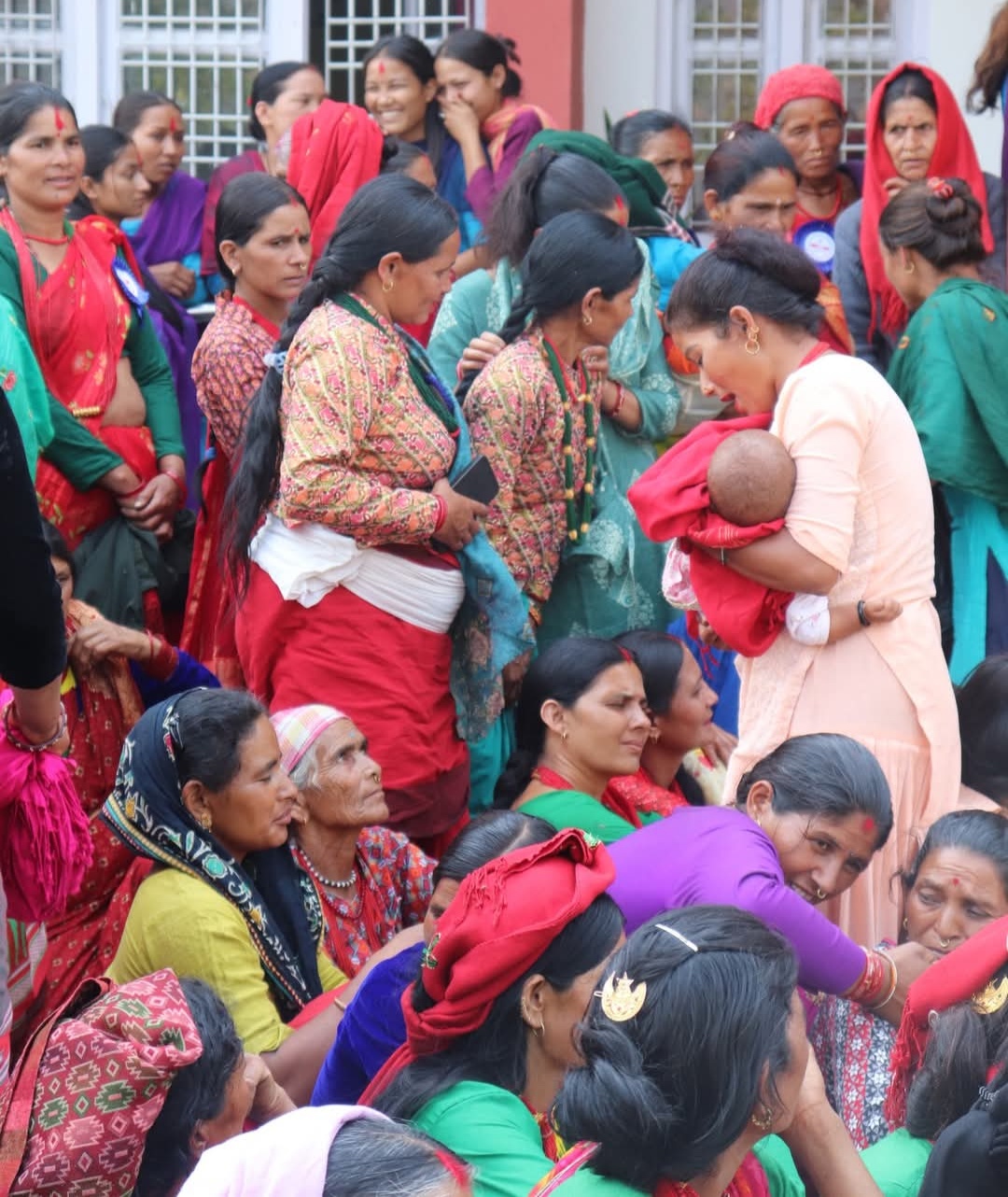Bajura, February, 2, 2025 – In the hilly villages of Bajura, women are stepping up to drive local development as the majority of young men leave for India in search of employment. This migration trend, fueled by limited job opportunities in the region, has transformed the demographic and economic dynamics of these rural communities.
Kamala Thapa, a resident of Budhiganga Municipality-8, Nuwakot, expressed her concerns about the increasing exodus of young men. "Our villages are becoming youth-less as young men migrate to India to support their families financially," she shared. The absence of male labor has left women to take on responsibilities traditionally dominated by men, including infrastructure development and household economic management.
Women Taking Charge of Development
From paving roads to constructing water supply systems, women in Bajura's villages have been actively engaged in development projects. According to Thapa, this shift has brought both challenges and opportunities. “Now, women are participating in projects that allow us to send our children to school and manage household expenses more effectively,” she said.
Previously, women faced wage discrimination in such projects, earning only NPR 500 per day compared to the NPR 1,000 paid to men. However, with fewer men available for labor, the wage gap has been eliminated, and women are now paid equally.
Youth Migration and Its Impact
During the winter months, most young men from rural municipalities like Himali, Swamikartik Khapar, Jagannath, Budhinanda, Badimalika, Gaumul, Budhiganga, Tribeni, and Khaptad Chededaha migrate to India. This trend has left villages without young labor, compelling women to take charge of small-scale development initiatives.
Social activist Krishna Bahadur Thapa highlighted the transformative role women are playing. "With a budget allocation of NPR 250,000 for the fiscal year 2080/81, women from Nuwakot village are paving a 140-meter-long narrow trail in a challenging area. They take pride in contributing to the village's progress," he said.
A New Era of Equality and Empowerment
Women in Bajura are embracing this shift not just for financial reasons but also to contribute to the development of their communities. Equal pay for equal work has further motivated women to participate actively.
"This is a positive change," Thapa noted. "Men and women now receive the same wages, fostering fairness and inclusivity in rural development."
The migration of young men to India, while highlighting the region's economic struggles, has inadvertently empowered women to lead local development. Their determination and resilience are laying the foundation for a more inclusive and progressive Bajura.